October 20 marks World Osteoporosis Day—a reminder that strong, healthy bones are the foundation of strength, balance, and mobility. While calcium often steals the spotlight in conversations about bone health, it’s only part of the story. Your bones rely on a whole team of nutrients—and yes, even proper hydration—to stay resilient throughout your life. Let’s explore the essential building blocks that keep your skeletal framework sturdy and resilient.
What is Osteoporosis?
Osteoporosis is often called the “silent disease” because it develops without obvious symptoms until a fracture occurs. The term literally means "porous bone" because it is caused by low bone mass and structural deterioration of bone tissue. When Osteoporosis sets in, the risk of painful and life-changing fractures rises dramatically, especially in the hips, spine, and wrists. These fractures can lead to chronic pain, loss of mobility, and reduced independence, making prevention all the more important.

Who Can Get Osteoporosis?
Many people think osteoporosis, a disease that weakens bones, only happens to older women. But the truth is, it can affect anyone. It’s a very common health problem, and bone breaks from it happen more often than you might think.
Here are the main groups of people at risk:
- Older Adults: As you age, your bones naturally get a bit thinner and weaker. For people over 50, about 1 in 3 women and 1 in 5 men will break a bone because of osteoporosis.
- Women, Especially After Menopause: Women's bones are usually smaller and thinner than men's. The risk gets much higher after menopause because of a big drop in the hormone estrogen, which is very important for keeping bones strong.
- People with a Family History of It: Your genes matter. If your mom or dad broke a hip or had osteoporosis, your own risk is much higher.
- People with Certain Health Problems: Some medical conditions can harm your bones. These include issues like rheumatoid arthritis, celiac disease, and problems with your hormones.
- People Taking Certain Medications: Using certain medications for an extended period can lead to bone loss. This includes steroids (like prednisone) and some drugs used for seizures or cancer treatment.
- People with Certain Lifestyle Habits: Your daily choices really affect your bones. Big risk factors include not getting enough calcium and vitamin D, not doing enough bone-strengthening exercise (like walking or jogging), drinking too much alcohol, and smoking.
These numbers highlight that osteoporosis is not a distant threat; it’s a reality for many and a crucial health priority.
From Risk to Resilience: Preventing Bone Loss
Your bones are living tissue, constantly breaking down and rebuilding. Osteoporosis develops when this balance tips, when bone loss outpaces bone growth. Several factors can increase your risk:
- Nutritional gaps - low intake of calcium, vitamin D, and other essential minerals can weaken your bone structure over time.
- Hormonal changes - Oestrogen decline after menopause or low testosterone in men accelerates bone loss.
- Genetics - A family history of osteoporosis can predispose you to weaker bones.
- Lifestyle factors - Inactivity, smoking, and heavy alcohol consumption can all undermine bone density.

The good news? Many of these risks can be managed with smart habits. A diet rich in mineral-packed foods, including leafy greens, dairy, nuts, and fortified cereal, provides the raw materials your bones need. Weight-bearing exercises, such as walking, jogging, and strength training, signal your body to build stronger bones. Quitting smoking, moderating alcohol consumption, and staying hydrated with mineral-rich water further protect your skeletal strength. While some risks are beyond your control, many others are directly tied to daily choices. By focusing on prevention now, you can shift from risk to resilience and safeguard your mobility, independence, and quality of life.
4 Essential Minerals for Optimal Bone Health
While calcium gets the headlines, it’s not a solo act. Your bones need multiple minerals working together to maintain density, strength, and resilience. Here are four important:
1. Calcium: The Foundation
Calcium makes up most of your bone structure, providing the “bricks” that keep your skeleton strong. If your diet lacks calcium, your body will pull it from bones, weakening them over time. Dairy, fortified plant-based milk, and leafy greens are excellent sources of calcium.
2. Magnesium: The Partner
Magnesium helps activate vitamin D, which is essential for calcium absorption. It also stimulates osteoblasts, the bone-building cells that lay down new tissue. Think of magnesium as the project manager that ensures calcium does its job effectively.
3. Potassium: The Defender
Modern diets high in processed foods can increase acidity in the body, which leaches calcium from bones. Potassium helps neutralize this effect, thereby preserving bone mineral density. Bananas, sweet potatoes, and beans are rich sources of this protective mineral.
4. Zinc: The Builder
Zinc supports bone growth and repair by aiding collagen production and activating enzymes vital for bone formation. It helps regulate the balance between bone-building and bone-breaking cells, making it essential for long-term skeletal health.

Why Hydration Is Essential for Bone Health
While we often link drinking water to energy levels or clear skin, hydration is also a silent yet vital contributor to your skeletal system. Beyond just quenching thirst, water plays a surprisingly direct role in keeping your bones strong and your joints functioning smoothly. It's one of the simplest and most effective habits for supporting your body's foundation.

Here’s how staying hydrated helps your bones and joints:
- It Cushions Your Joints: Water is a primary component of synovial fluid, the natural lubricant in your joints. This fluid is essential for preventing bones from grinding against each other, ensuring smooth, pain-free movement.
- It Delivers Essential Nutrients: Think of your bloodstream as a delivery service for your bones. Proper hydration ensures this service runs efficiently, transporting crucial minerals like calcium and magnesium to your bones, where they are needed to build and maintain density.
- It Supports Nutrient Absorption: When you're dehydrated, the flow of nutrients can slow down, and joint lubrication can decrease. This can compromise both joint and bone health over the long term.
Staying well-hydrated is a foundational piece of the bone health puzzle. It ensures that the vital minerals you get from your diet can effectively reach their destination and support your skeletal framework from the inside out.
The Bluevua Difference: Mineral-Rich Hydration
It can be tricky to make sure you're getting enough minerals, but Bluevua's reverse osmosis (RO) filtration is a convenient and effective solution. The high-end filtration process first purifies your water by removing between 99.9% of each contaminant. A unique remineralizing filter then guarantees your water is not only contaminant-free but also genuinely good for your system.

How Our Remineralization Filter Works
Our system works in two simple but powerful steps:
Step 1: We Purify It
First, our advanced filtration process removes up to 99.9% of contaminants from your water. This creates an ultra-pure base, ensuring the water you drink is clean and safe.
Step 2: We Enhance It
Next, our unique remineralization filter adds a healthy, balanced dose of key minerals back into the pure water. This includes the four essential minerals for bone health:
- Calcium
- Magnesium
- Potassium
- Zinc
This filter also raises the pH to a balanced alkaline level to help neutralize acidity and significantly improve the water's taste. We go beyond simple purification to provide water that actively supports your health goals.
A Valuable Part of a Larger Picture
While our remineralization filter provides a convenient way to supplement your daily mineral intake, it's important to view it as a valuable part of a larger, holistic approach to wellness. For general bone health, a balanced diet rich in mineral-rich foods and frequent weight-bearing physical activity remain cornerstones to a strong skeleton. Our Bluevua system is intended to complement, not replace, positive lifestyle decisions.
A Final Word on Healthy Habits
Strengthening bones is an investment with a long-term dividend. It's a result of a healthy diet, regular exercise, and proper hydration with mineral-rich water. On World Osteoporosis Day, we challenge you to take a single step with a huge, long-lasting effect. Try switching to water that detoxifies your body just as much as it strengthens it from within, one glass at a time.

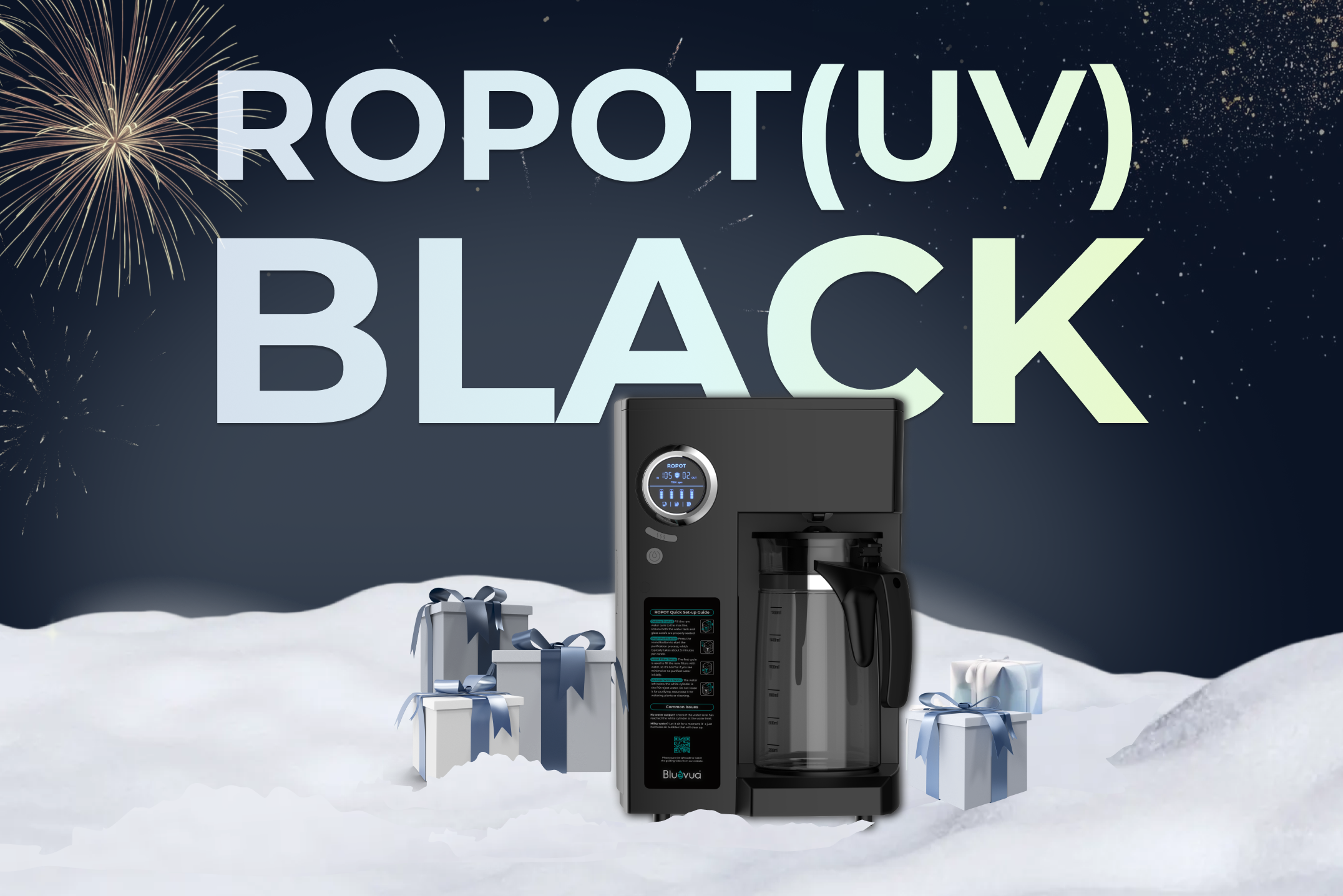
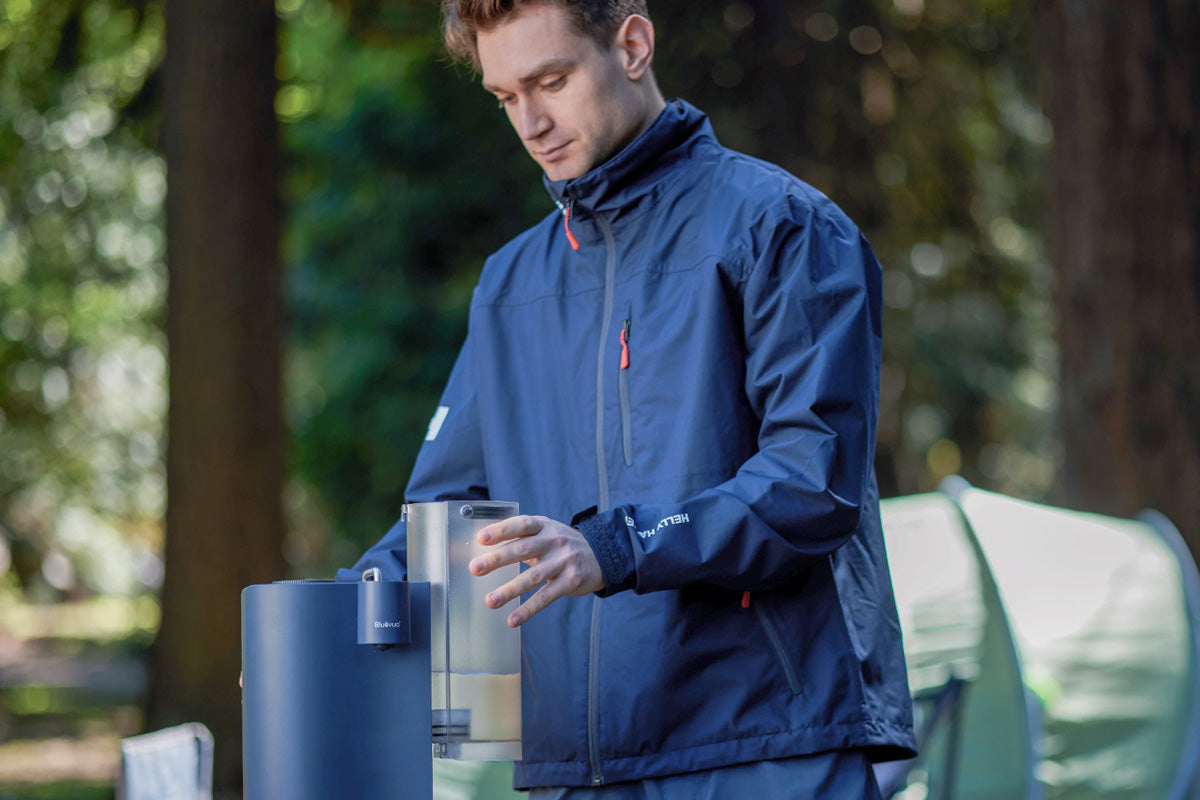
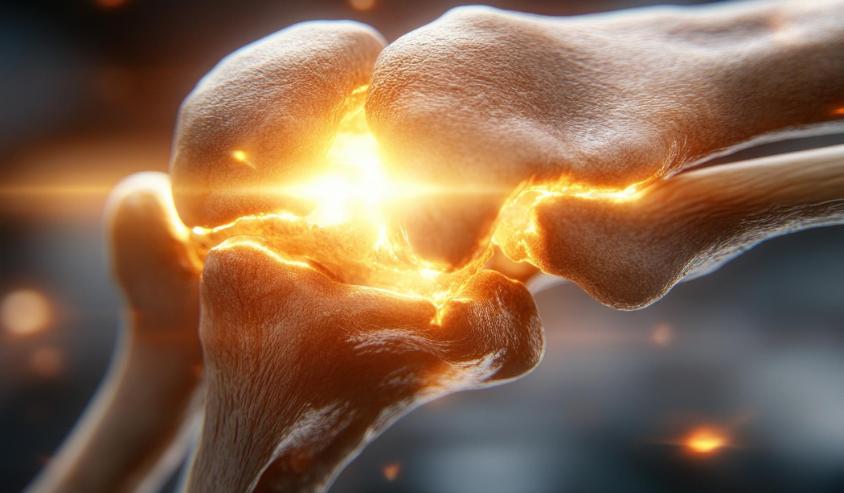
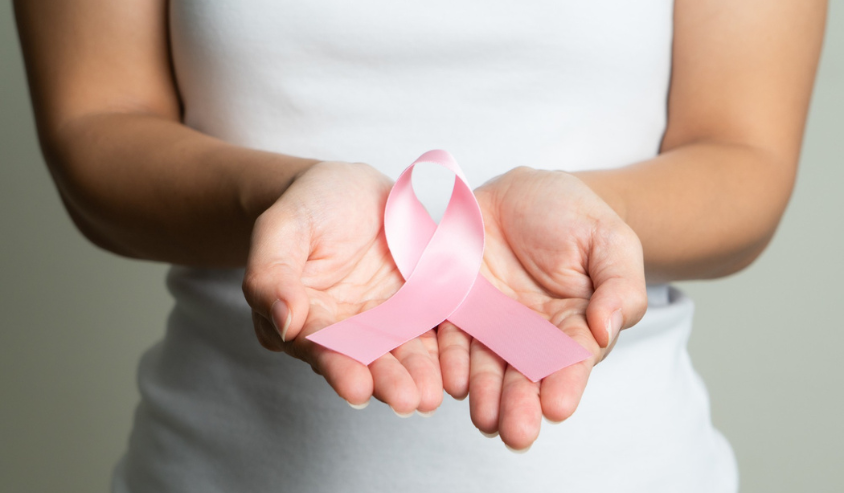
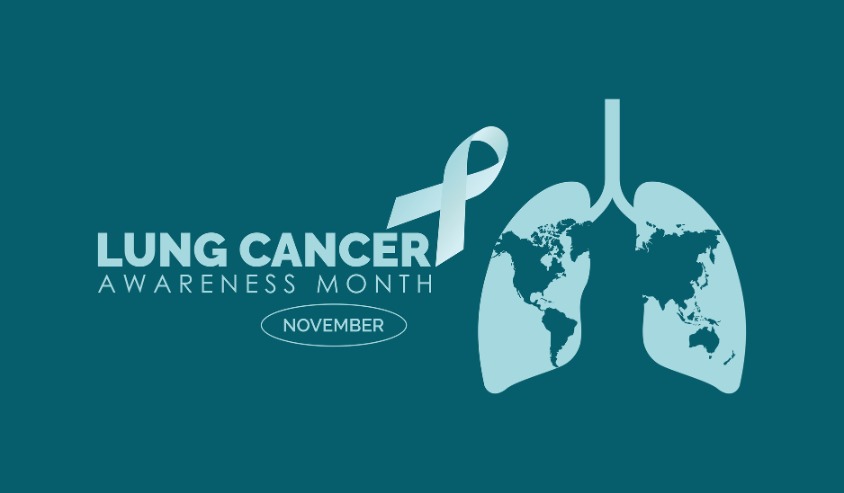
Leave a Comment
All comments are moderated before being published.
This site is protected by hCaptcha and the hCaptcha Privacy Policy and Terms of Service apply.